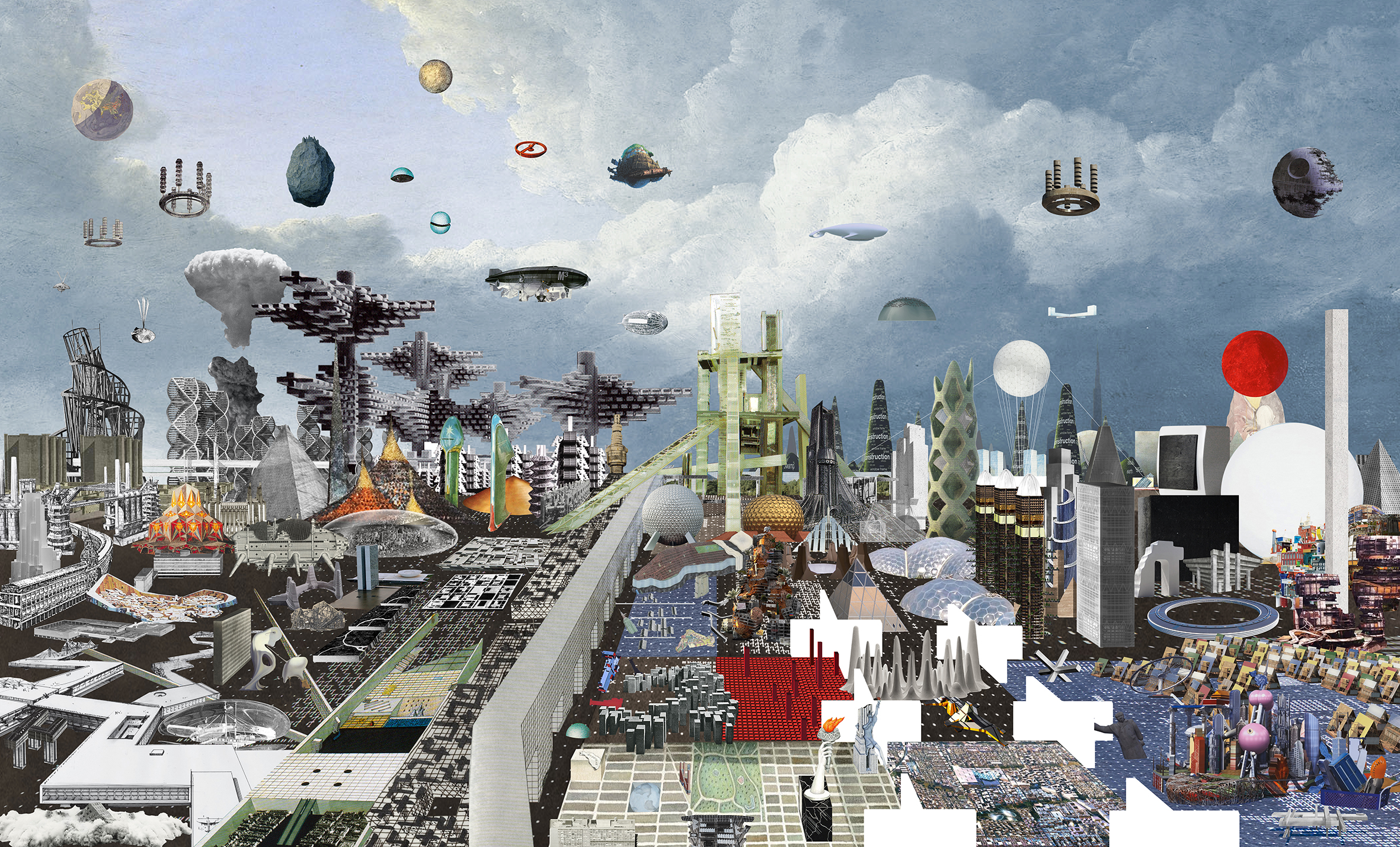
An interdisciplinary exhibition in Nuremberg, Germany, on the utopian engages contemporary perspectives from art, architecture, and design.
Billboard
Skyscrapper
Halfpage
How do we want to live today and what artistic means can help us find productive approaches to do so? The interdisciplinary exhibition ‘What if …?’ in the ‘Neues Museum’ in Nuremberg, Germany, engages contemporary perspectives from art, architecture, and design in a dialog with references from the 1960s and 1970s. The exhibition runs until 20 September.
What if …? takes up contemporary calls for new utopias for the 21st century and aims at initiating social discussions and visions of the future not by means of dystopian prophecies, but by promoting new modes of thinking via productive discourse. If one perceives utopia as a method of thinking, as an intellectual free space in which concepts for the future are tested while also critically reflecting the status quo, independent of what is currently realizable, it gains immediate significance for the present. As creative engines, art, architecture, and design can make a meaningful contribution to promoting such alternative models of thought and reassessing utopian qualities.
State and City
What if …? presents over thirty artists and designers who investigate the potential of the utopian. In five chapters, the exhibition features photographs, films and videos, drawings, architectural models and objects, extensive or interactive installations. Central thematic complexes related to the utopian, such as state and city, bring together historical and current sources of inspiration for a new understanding.
How do we deal with nature and technologies?
Furthermore, the relationship between individual and social utopias as well as alternative perspectives on how we deal with nature and technologies are discussed. The power of imagination and the chances these visualizations offer for our discourses illustrate the relevance of art and design when it comes to developing new utopias.
The exhibition runs from 30 May 2020 to 20 September 2020. For more information click here.
















